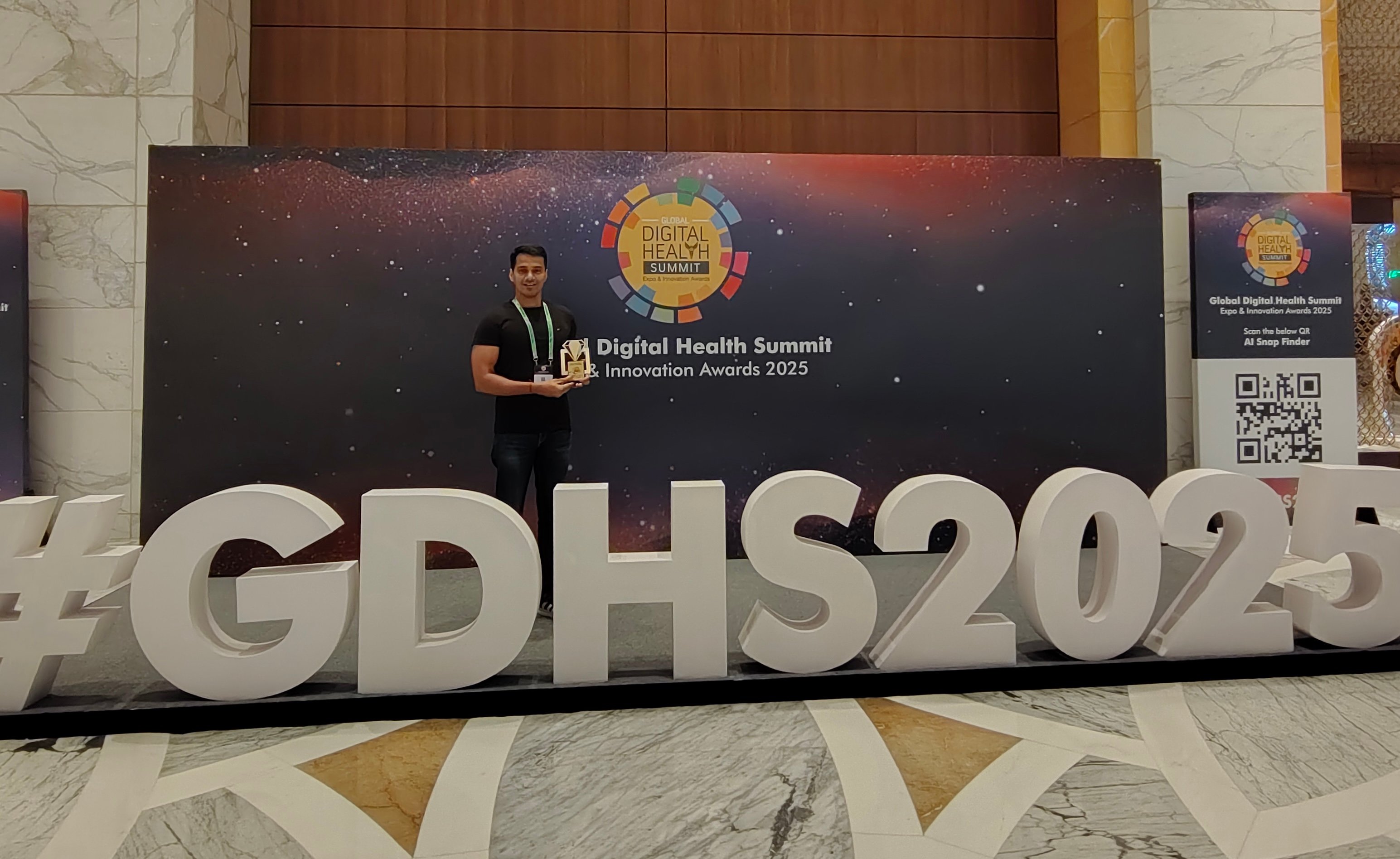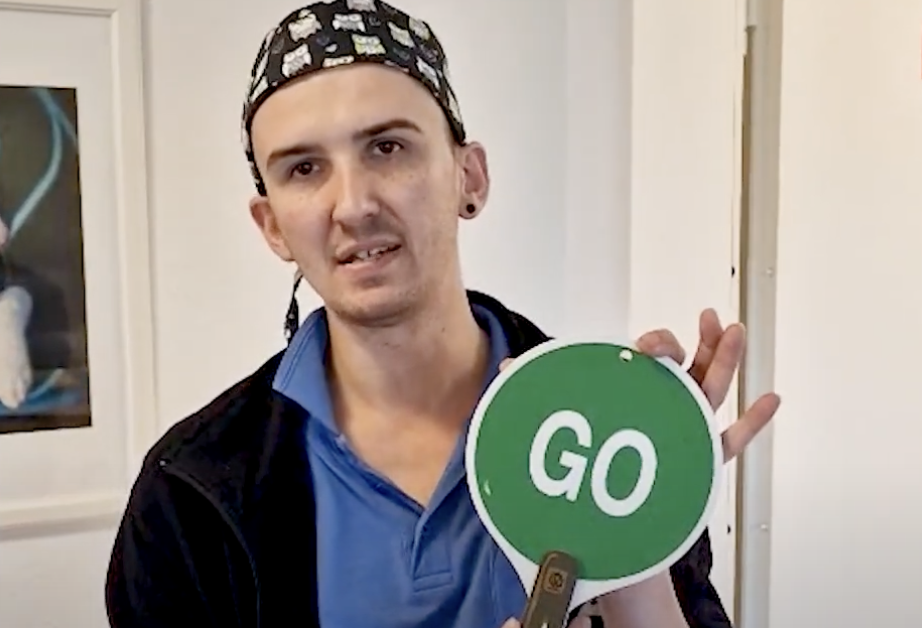
Not every no is a no to digitalization - but a yes to more co-design

An honest report from everyday life at LINDERA.
We are in a second team meeting on a sunny Thursday. Two care facilities are there on time. Camera on. Defensive posture. Arms crossed.
The criticism comes routinely, almost rehearsed: "Parkinson's is not recognized. Takes too long. It's just more bureaucracy." It's the third time I've heard these points. And I understand them - I really do.
Sometimes there are only two clicks between enthusiasm and frustration. From "Wow, that sounds great!" to "That won't help us at all."
And to be honest, sometimes it's completely understandable.
It's not the feature. It's the foundation.
I've thought a lot about this conversation. We could have talked about our new features:
- Direct video feedback? Coming next week.
- Upload status indicators? There is.
- Early warning system and long-term monitoring? Done.
- Special modules for Parkinson's? In development.
- Deeper integration with Vivendi? On the way.
But that wasn't the problem.
The real problem was that the LINDERA mobility analysis was introduced - but not embedded.
No joint workshop, no needs analysis, no dialog:
Do we even have a problem around mobility and falls? And if so, how do wewant to solve it?
Instead: Top-down. Decision, introduction, expectation.
And then suddenly everyone is supposed to go along with it.
Digitalization is not a software update. It's cultural work.
What I take away from this: We're not in the tech industry, we're in care. And it's complex. Fragile. Characterized by a high level of responsibility. And - quite rightly - sensitive to change.
You can't just say: "We'll go digital tomorrow."
Without taking people with you, without leaving room for doubt, without building a bridge between the why and the how.
Because if we don't do that, then exactly what we have experienced will happen:
The local people go along with it - but not with conviction, but with resistance.
Better an end with horror than horror without end
I thought that out loud during this conversation - and said it quietly.
Because as much as we are passionate about what we do: We don't want to be somewhere where we're just a nuisance. We want to be where we can make a difference.
That's why we've also learned to listen better.
To say clearly:
"It sounds like you're not against digitalization - but against the way it's come about."
And sometimes it doesn't need another feature, but a stop. A return. A new start.
Or an honest:
"Then it's time for a break."
What have I learned from this?
That every resistance is a signal. And that not every no is a no - but sometimes a disguised "Yes, but please with us, not about us."
I continue to believe in digital care quality. But I also believe
Technology that doesn't take people with it will have no impact.
And that is why this is not a failure, but an invitation.
To the next conversation, the next learning curve, the next real partnership.
We are ready. And we are listening.


